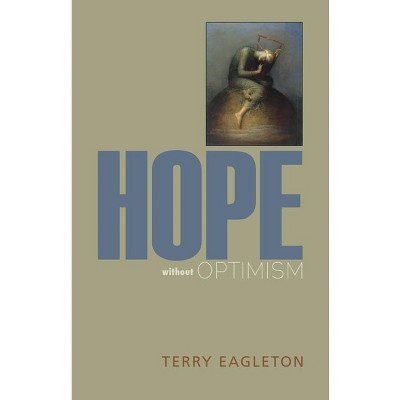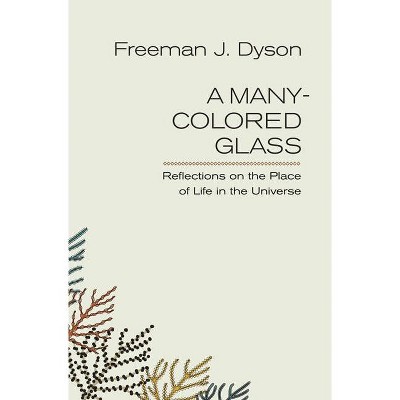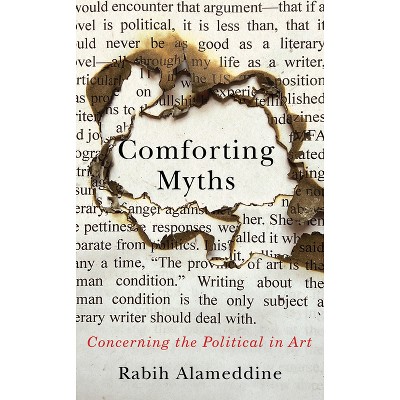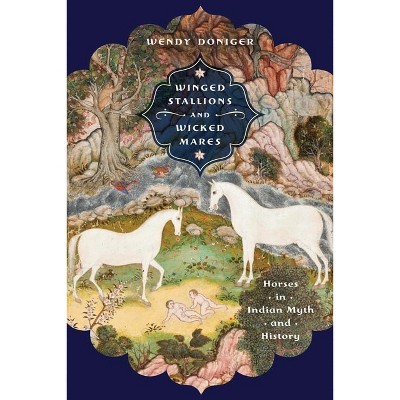Sponsored

Dialect Diversity in America - (Page-Barbour Lectures) by William Labov (Paperback)
In Stock
Sponsored
About this item
Highlights
- The sociolinguist William Labov has worked for decades on change in progress in American dialects and on African American Vernacular English (AAVE).
- About the Author: William Labov, Fassit Professor of Linguistics at the University of Pennsylvania, is author or coauthor of numerous works on linguistics, including Principles of Linguistic Change, volumes 1-3, and The Atlas of North American English: Phonetics, Phonology, and Sound Change.
- 188 Pages
- Social Science, Sociology
- Series Name: Page-Barbour Lectures
Description
About the Book
Complemented by an online collection of audio files that illustrate key dialectical nuances, Dialect Diversity in America offers an unparalleled sociolinguistic study from a preeminent scholar in the field.Book Synopsis
The sociolinguist William Labov has worked for decades on change in progress in American dialects and on African American Vernacular English (AAVE). In Dialect Diversity in America, Labov examines the diversity among American dialects and presents the counterintuitive finding that geographically localized dialects of North American English are increasingly diverging from one another over time.
Contrary to the general expectation that mass culture would diminish regional differences, the dialects of Los Angeles, Dallas, Chicago, Birmingham, Buffalo, Philadelphia, and New York are now more different from each other than they were a hundred years ago. Equally significant is Labov's finding that AAVE does not map with the geography and timing of changes in other dialects. The home dialect of most African American speakers has developed a grammar that is more and more different from that of the white mainstream dialects in the major cities studied and yet highly homogeneous throughout the United States.
Labov describes the political forces that drive these ongoing changes, as well as the political consequences in public debate. The author also considers the recent geographical reversal of political parties in the Blue States and the Red States and the parallels between dialect differences and the results of recent presidential elections. Finally, in attempting to account for the history and geography of linguistic change among whites, Labov highlights fascinating correlations between patterns of linguistic divergence and the politics of race and slavery, going back to the antebellum United States. Complemented by an online collection of audio files that illustrate key dialectical nuances, Dialect Diversity in America offers an unparalleled sociolinguistic study from a preeminent scholar in the field.
Review Quotes
[This] remarkable book....spans William Labov's entire career and will be of benefit to anyone from the professional linguist to the general reader who would like to learn about the lnguistic evolution of the United States and our racial disparities, including a host of educational insights and unexpected political discernments that are simultaneously groundbreaking and captivating.
-- "Journal of Sociolinguisitics"A clear-eyed overview of recent language changes in the United States and their connection to regional and national politics.
-- "Shelf Awareness"In this compelling study William Labov confirms his reputation as a brilliant and pathbreaking analyst of linguistic change. Particularly arresting is his approach to the Northern Cities Shift, which he relates to the settlement of upstate New York and the Great Lakes area, where socially activist Yankees established a persisting cultural pattern that has shaped the processes of dialect divergence. Linguists and historians alike will find here much to admire and ponder.
--Richard Carwardine, President, Corpus Christi College, University of OxfordIn this well-written volume, the author draws on years of linguistic studies to demonstrate how and why the speech of Americans is diverging so sharply and how that is changing perceptions of dialect speakers.... A fascinating study from a distinguished scholar.
-- "Choice"In 1972, three linguists, led by William Labov of the University of Pennsylvania, christened the phenomenon... the Northern Cities Shift (NCS). What they observed may be the most important change in English pronunciation in centuries.
-- "Slate "Labov demonstrates that he is not simply the leading sociolinguist of the past century, but that his research is relevant to the American public. He challenges one of the most cherished, commonsense assumptions about the English language--that American dialects are becoming more homogenized--by demonstrating how linguistic and social factors have conspired to make regional and ethnic dialects in the United States more divergent than ever. An amazing, powerful message!
--Walt Wolfram, North Carolina Language and Life Project, North Carolina State UniversityAbout the Author
William Labov, Fassit Professor of Linguistics at the University of Pennsylvania, is author or coauthor of numerous works on linguistics, including Principles of Linguistic Change, volumes 1-3, and The Atlas of North American English: Phonetics, Phonology, and Sound Change.











